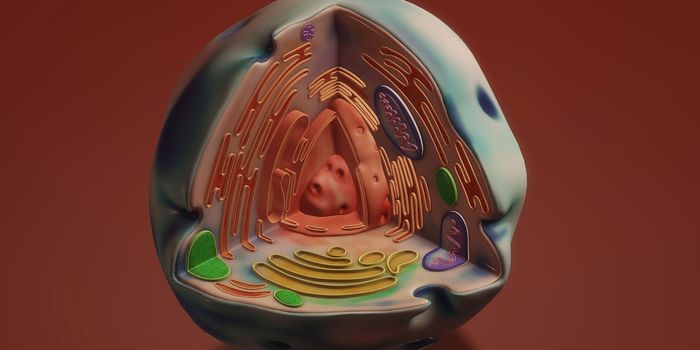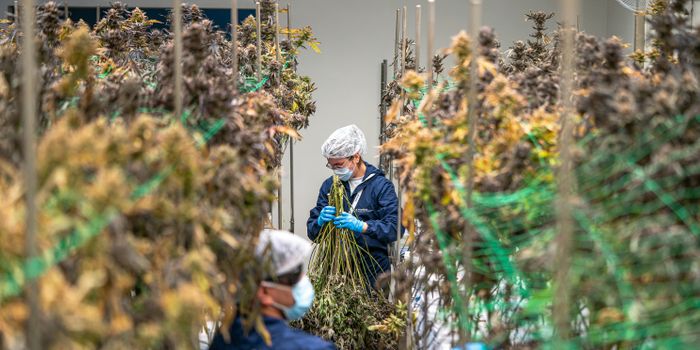What Does the National Academy of Sciences, Engineering, and Medicine Say About Cannabis?
A recent article in the Chicago Tribune explains that Dr. Steven Aks, director of toxicology at Stroger Hospital in Chicago, is foreseeing a surge in what he calls “overdose cases” as soon as recreational cannabis usage becomes legalized in the state of Illinois on January 1.
Dr. Steven is an emergency room physician who has fielded and treated a wide variety of patients suffering from adverse side effects of the drug. Some examples being children agitated after getting ahold of their parent’s cannabis products, patients having psychotic delusions, and daily smokers developing hyperemesis syndrome – uncontrollable vomiting.
As cannabis is legalized across the country, there is a clear need for more research in the area of marijuana, how much is too much, if it is beneficial in aiding severe ailments, and if it is harmful to it's users. With all of the information out there, it can be disheartening to an individual trying to gain clarity on whether or not this is a viable and healthy option for themselves or a family member, or if it is in fact a health risk.
Photo Source: pixabay.com
Where can we find all-inclusive information about cannabis and our health?
The National Academy of Sciences, Engineering, and Medicine published a comprehensive review of the current research to date in 2017. At that time, they found that there was substantial enough evidence to conclude that cannabis is effective in treating chronic pain in adult users, as well as treating chemotherapy-induced nausea and vomiting, and muscle contractions due to multiple sclerosis.
This same report found that there was moderate evidence that cannabis is successful in aiding with sleep problems or fibromyalgia. Finding limited evidence supporting that cannabis helps with anxiety and post-traumatic stress disorder.
The reported suggested that frequent users of the drug are more likely to experience lower life satisfaction with poorer physical and mental health, along with more relationship troubles.
Roughly 10% of marijuana users will develop a substance use disorder where they continue to use even if the drug is having adverse effects on their life. The National Institute on Drug Abuse reports that substance use disorder is more likely in people who begin using the drug before the age of 18.
The National Institute on Drug Abuse made 100 different research conclusions related to cannabis and cannabinoid use and human health, rating each conclusion as conclusive, substantial, moderate, limited, or insufficient evidence. For further information on these conclusions, visit nationalacademies.org/CannabisHealthEffects









